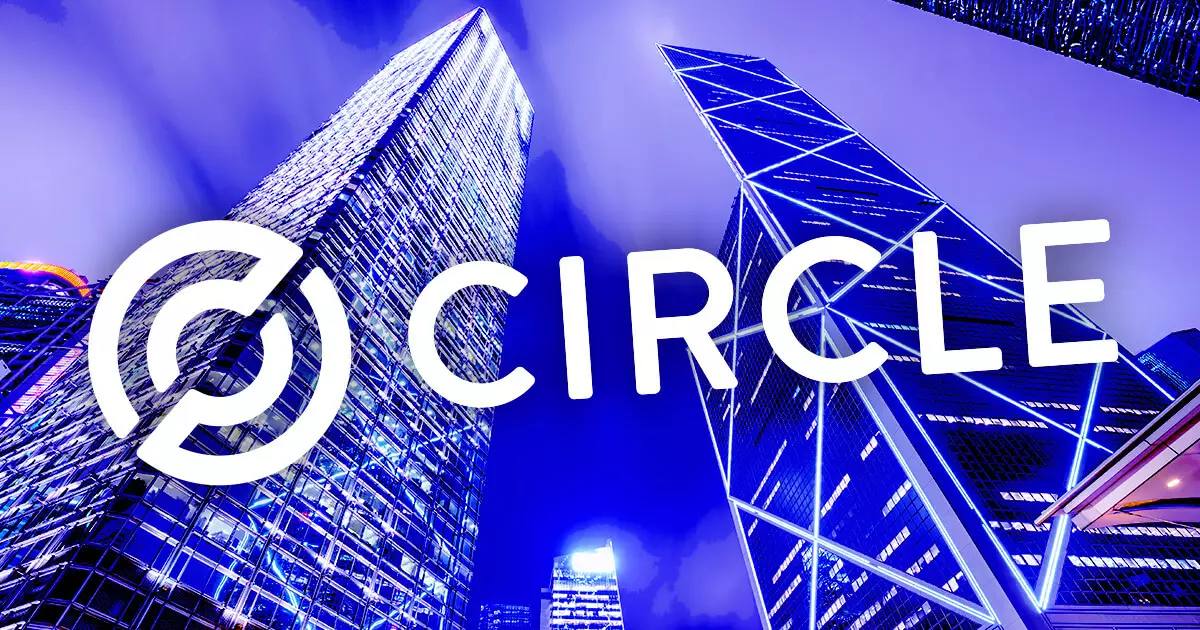The US Securities and Exchange Commission (SEC) has expressed concerns over the status of Circle’s stablecoin, USDC, as the company aims to go public through a multi-billion dollar initial public offering (IPO). Regulatory documents cited by Barron’s on June 18 reveal that the SEC’s worries primarily revolve around the potential classification of USDC and other stablecoins as securities under US law. This is not the first time the watchdog has raised such concerns, as similar issues were brought up in 2021 when Circle attempted to go public via a special-purpose acquisition company (SPAC).
According to the report, there has been an extensive exchange between the SEC’s Division of Corporation Finance and Circle over the past year, with the company having reportedly addressed most obstacles towards its IPO approval. Despite this progress, it remains uncertain whether the SEC will give the green light to Circle’s application at this time. The SEC has specifically requested that Circle disclose the risks associated with USDC potentially being classified as a security under US law and the potential implications of being considered an investment company.
If USDC were to be classified as a security, Circle would face increased costs and regulatory requirements, which could significantly impact its business model. As it stands, Circle faced a setback in its first attempt to go public through an SPAC merger with Concord Acquisition Corp. in 2021, ultimately calling off the deal in December of 2022 due to similar regulatory concerns from the SEC.
Circle filed confidential IPO paperwork in January to pursue a traditional IPO route in its second attempt at going public. However, the SEC’s previous concerns regarding USDC’s classification as a security have persisted, leading to detailed disclosure requests from the agency. The potential designation of USDC as a security could have detrimental effects on Circle, forcing the company to register its assets and comply with various regulatory measures.
If the SEC were to classify Circle as an investment company rather than an operating company, the company would be subject to closer oversight and additional compliance requirements. This could involve regular holdings reporting, operational restrictions, and limits imposed by the SEC. Securities attorney Xavier Kowalski emphasized the SEC’s cautious approach in the registration review process to avoid potential enforcement actions down the line.
The SEC’s concerns about Circle’s IPO process have persisted for an extended period, with the agency seeking detailed disclosures about the risks associated with USDC being classified as a security. While Circle has made efforts to address these concerns, the outcome of its IPO application remains uncertain as the company navigates the complex regulatory landscape surrounding stablecoins and securities.


Leave a Reply